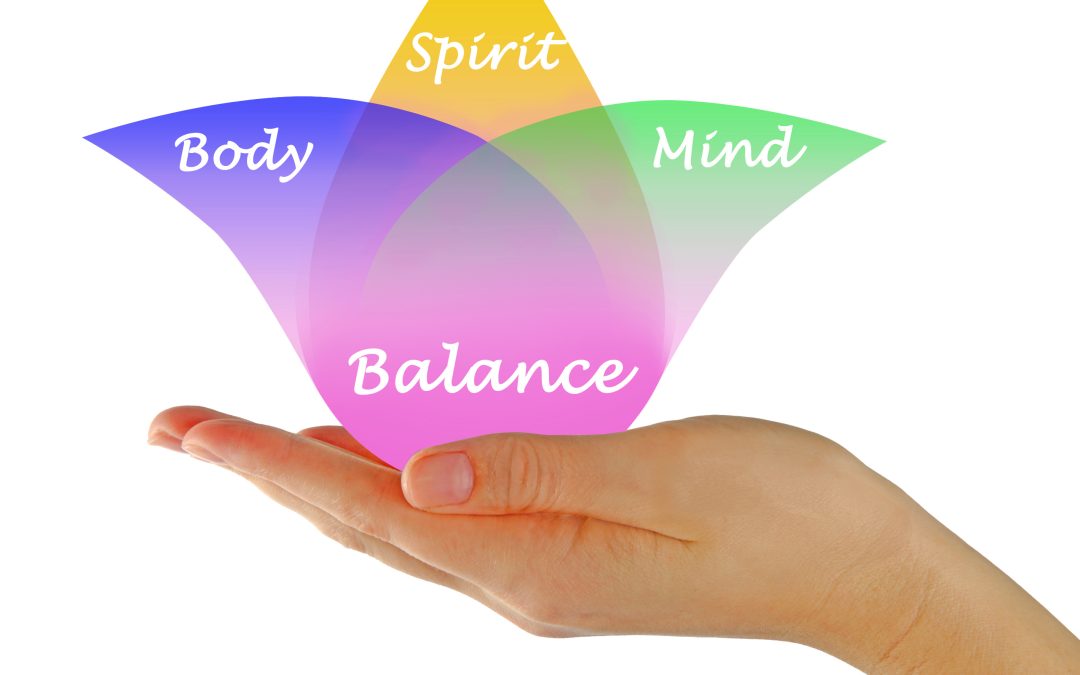1. The mind must be clear and void of any thoughts. I also had this misconception about meditation and basically it was an excuse I used as to why I couldn’t or more like wouldn’t practice meditation. Every organ in our body has a “job” to do and the mind is no different. The mind’s job is to think. And if you quiet down for a moment you can notice the incessant chatter of the mind, the endless stream of ‘talk’. Meditation is about quieting down and focusing the mind on a single object so we don’t get lost in that stream of thought and go unconscious. We are present in the moment. 2. There is only one right way to meditate. Another misconception is that one must be sitting on the floor in lotus position (crossed leg position) to be meditating. This simply is not true. There is Concentration Meditation (Eastern Style) in which you can be sitting on the floor or in a chair. There is also Mindfulness Meditation in which you can practice mindfulness sitting or laying down, walking, or doing daily activities such as eating, bathing, or washing dishes. 3. In order to receive any benefits from meditation, one must meditate for a long period of time. Experts say that to receive the benefit of the parasympathetic response, the relaxation response, at least 15 minutes is recommended. However, the habit of quieting the mind and being mindful is more important than the time you spend meditating. You can receive the benefits of quieting and focusing the mind with just a few minutes a day, if that is all you have time for. And make it a goal to add a minute maybe every few days to build up to the 15 minute practice. 4. Practicing meditation is for Buddhists only Meditation is not just a Buddhist practice. Practicing meditation is available to everyone and is about quieting and focusing the mind. I am Christian so I can only speak of the bible, but I personally looked in my Bible to see if meditation was mentioned and it is. It says to “meditate on Gods word”. Meditation is just a way to quiet the mind down so we don’t get lost in the endless dialogue of the mind. That allows us to focus our attention inward. 5. Meditation has no real benefits. This simply is false. There are many scientific studies that show that meditation not only has psychological benefits such as helping with depression, anxiety, concentration, mood, and emotional control, but it also has physical benefits as well. It activates the relaxation response (Parasympathetic) in the nervous system and decreases stress hormones, muscle tension, heart rate, blood pressure and slows down breathing. It also increases blood flow and oxygen to the brain and strengthens the immune system. Meditation can also heighten your intuition.


I thought it was going to be some rehashed old information, but Im glad I visited. I will post a link to this site on my website. My visitors will find this information very useful.